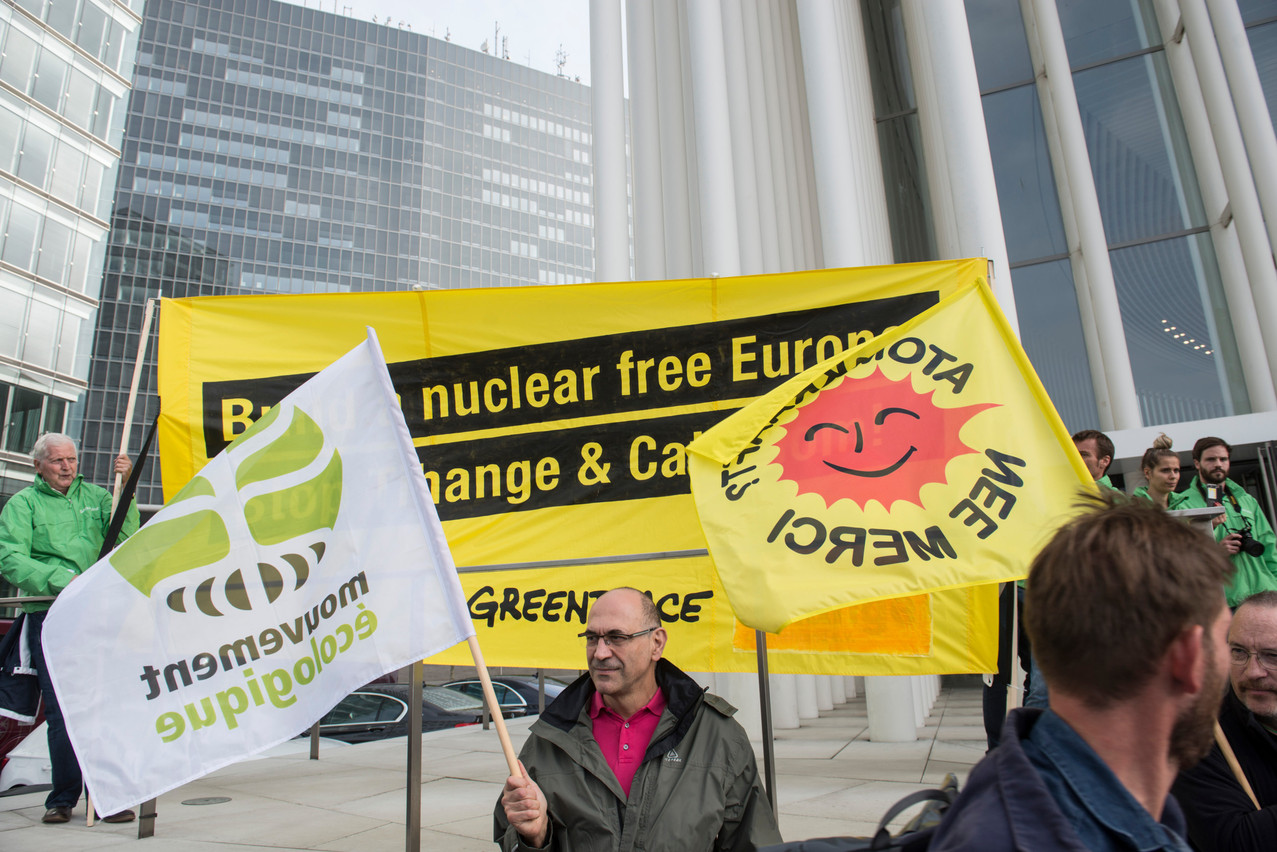The CSV, together with the conservative nationalist ADR, has withdrawn from a national action committee against nuclear energy, set up in 2011 as a pressure group bringing together environmental organisations, political parties and labour unions.
When it was established, the committee pursued three core missions--the closure of nuclear power station Cattenom and other reactors in Belgium, France and Germany as well as lobbying the EU to reject nuclear energy at all levels and developing a concept to make Luxembourg independent from nuclear and fossil fuels.
Broadcaster RTL first reported the departure of the CSV and ADR from the organisation, which includes around 30 members. An internal email, seen by RTL, said that the parties no longer share the committee’s position “to 100%”.
Co-president of the CSV Claude Wiseler told RTL on Wednesday that the party remains against nuclear energy and that the party advocated switching to alternative energies as quickly as possible. “On the other hand, we’re also saying that this cannot yet be the case today and that we need a transition period.”
Extending the lifespan of reactors that were supposed to be switched off could be one way to get through the energy crisis, Wiseler said, adding that he prepared to discuss the matter further with the action committee.
Amid rising gas and oil prices--and with looming shortages--nuclear energy is making a comeback as an alternative source of electricity. The leader of Germany’s Christian democrat CDU, Friedrich Merz, last week said that the lifespan of the country’s three remaining nuclear plants should be extended.
Germany’s CDU-led government in 2011, following the nuclear disaster in Fukushima, Japan, began a process to shut down its power plants and accelerate its energy transition towards renewables. More than a dozen reactors have been shut down since. But the country is now turning to coal to help conserve gas supplies amid high prices and Russia cutting supplies.
Uranium from Russia
“The CSV’s decision is irresponsible and not understandable,” said the co-presidents of Green party déi Gréng, Djuna Bernard and Maris Sehovic, in a statement. “Nuclear energy is and remains a dangerous risk technology,” they said, adding that returning to nuclear power during this energy crisis is a “dummy solution”.
The Green party presidents called uranium mining an “environmental catastrophe” and said that there are no viable long-term solutions for the storage of nuclear waste.
Luxembourg’s DP, LSAP and déi Gréng government had lobbied against nuclear energy being declared a sustainable source of energy in an EU taxonomy for green investment. The taxonomy is pending in the European Parliament but the grand duchy, together with Austria, has threatened legal action if it is pushed through in its current shape.
“The fight against the climate crisis will become much more difficult if billions are sunk into this failed technology,” said François Benoy, the speaker of the Green group in parliament. “The argument of supply security and energy independence through nuclear is also wrong. Europe is 100% dependent on uranium imports and therefore on Putin’s state company Rosatom. A full 40% come from Russia and neighbouring Kazakhstan.”
Around 10% of electricity in Luxembourg’s grid is sourced from nuclear power, mainly because of industrial companies choosing this source over more expensive renewable energies.
Updated on 29 June at 1.27pm to include the remarks by Claude Wiseler
